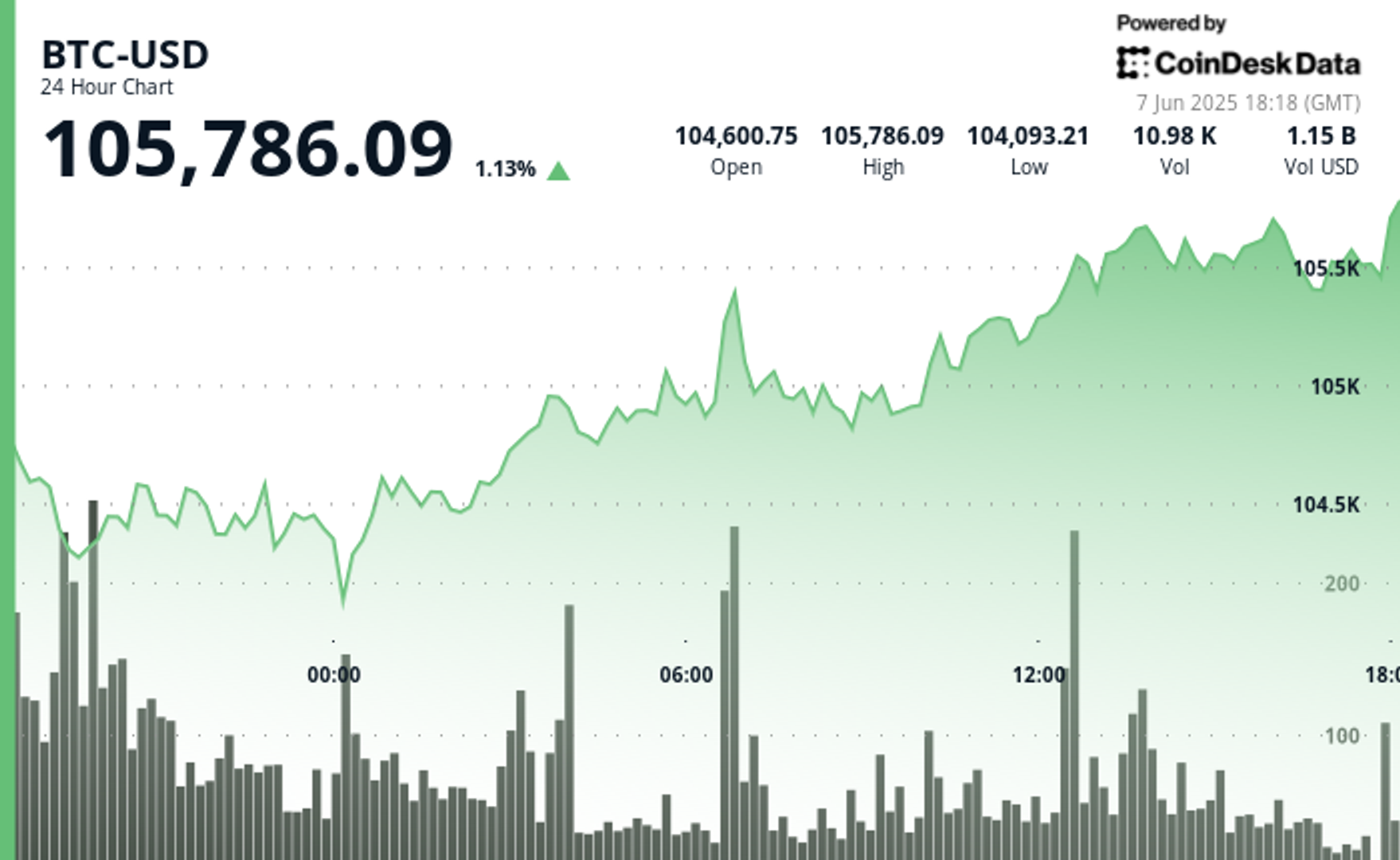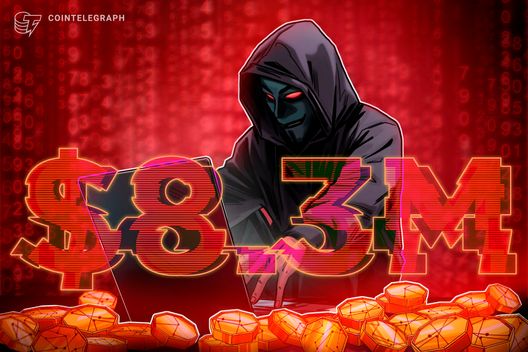US President Donald Trump hosted El Salvador’s President Nayib Bukele at the White House on April 14, with talks centered on trade and immigration, excluding Bitcoin from the public agenda.
Pressing issues of migration and bilateral security cooperation set the tone of Bukele’s first official meeting at the White House during Trump’s second term.
According to a livestream shared by Bukele’s office on X, Trump raised the possibility of transferring US citizens convicted of crimes to prisons in El Salvador, urging Bukele to expand the country’s prison system to house more prisoners. “I said homegrowns are next, the homegrowns. You gotta build about five more places.”
Source: Nayib Bukele
Since taking office, the Trump administration has deported hundreds of alleged foreign criminal individuals to El Salvador under a $6 million deal between the countries.
Trump also addressed the ongoing trade war unleashed by his administration on April 2, suggesting a potential temporary exemption for automakers aimed at easing the transition of their supply chains.
“I’m looking at something to help some of the car companies with it,” Trump told reporters present at the meeting, adding that the US auto industry “need[s] a little bit of time” to relocate production to the country.
The meeting did not touch on digital assets and Bitcoin (BTC) policy — a flagship initiative of both presidents’ administrations.
El Salvador adopted Bitcoin as legal tender in 2021, pioneering the Bitcoin strategic reserve approach later followed by Trump.
The US president positioned himself as a pro-crypto candidate during the 2024 election. On March 6, Trump signed an executive order to create a Bitcoin strategic reserve and digital asset stockpile in the United States.
The US holds nearly 198,000 BTC, valued at over $17 billion as of March. The reserve is primarily formed of Bitcoin seized in criminal and civil cases, including significant amounts from the Silk Road and Bitfinex hack cases.
Related: How much Bitcoin does the US hold, and where did it come from?
El Salvador’s BTC plans face IMF opposition
El Salvador signed off in December a $1.4 billion loan agreement with the International Monetary Fund (IMF), which included commitments to unwind Bitcoin-related initiatives and reduce public sector involvement with digital assets.
While the Salvadoran Congress amended its Bitcoin laws in January to comply with the deal, the government has continued its daily purchases of BTC. The country’s National Bitcoin Office’s tracker shows it currently holds 6,147.18 BTC, worth about $520.7 million at this writing.
Related: Tether will relocate HQ to El Salvador after securing license



